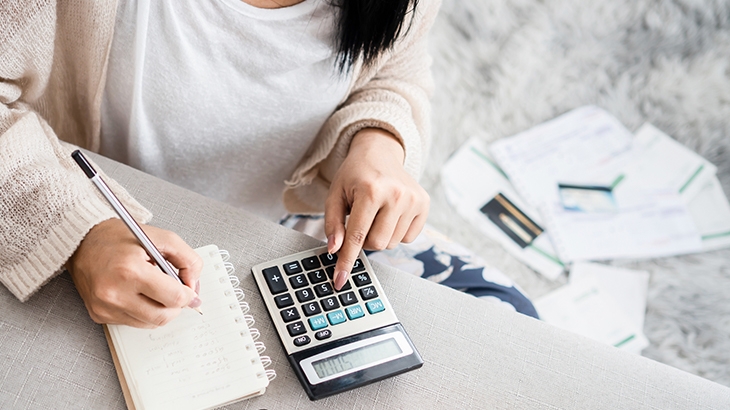How to Avoid Delinquent Credit Card Payments
What happens if you pay your credit card bill more than 30 days late? It could be reported to the credit bureaus. As you might expect, that's not good, because not only could you get hit with a big late payment, but your credit score could also take a dip.

What Is Credit Delinquency
Credit delinquency simply refers to the act of falling behind on required monthly payments to your credit card company. Creditors are not allowed to report a late payment to any credit bureau until your payment is at least 30 days late. They can also report late payments as 60, 90, or 120 days late. Multiple delinquencies or a payment that is 90 or 120 days late can have a huge impact on your credit score, which affects your interest rate on future loans or if you can get a loan at all. That's not to mention the late fees you'll also be charged for having late payments.
How Does a Credit Card Delinquency Work
Even after you've paid off your credit card, delinquent payments still show on your credit report for up to seven years, and they cannot be removed before then, so it's in your best interest to at least make the minimum payment each month. If you find that it hasn't been removed after seven years, or you believe it's been reported in error, you'll need to file a dispute to have it removed. You can do this through Equifax, Experian, or TransUnion on their respective sites online or by mail.
What Happens to Delinquent Credit Card Debt
If you miss just one payment, odds are your account will be just fine as long as you make the minimum payment in the next billing cycle. However, missing four or five payments will probably close your account and move the debt into collections. After that you'll need to work with the collection agency to pay it. This can have a major impact on your credit report while you owe a balance, so getting it paid off as soon as you can is a good idea.
How to Avoid Having Late Payments
Automatic payments are one option. If you get paid on set dates, say the first and 15th of each month, set your bill to be paid on one of those days so you don't forget.
If you get paid every other week or your paydays are not set, then pay what you can when you can. Even if you make partial payments, as long as those partial payments add up to the minimum payment every month you should be covered. Call your credit card provider and ask them about split or partial payments and how they handle them to make sure you won't be charged any fees.
WaFd Bank Is Here to Help
Don't wait until an emergency hits before you start saving for one. Contact your neighborhood branch to learn about simple, straightforward tools like spending categories so you can keep better track of your budget, or our savings and money market accounts*, and how they can help you put more away for the unexpected
*$25 required to open account, $10 for those under 18.
Did you find this article helpful? Share it!


